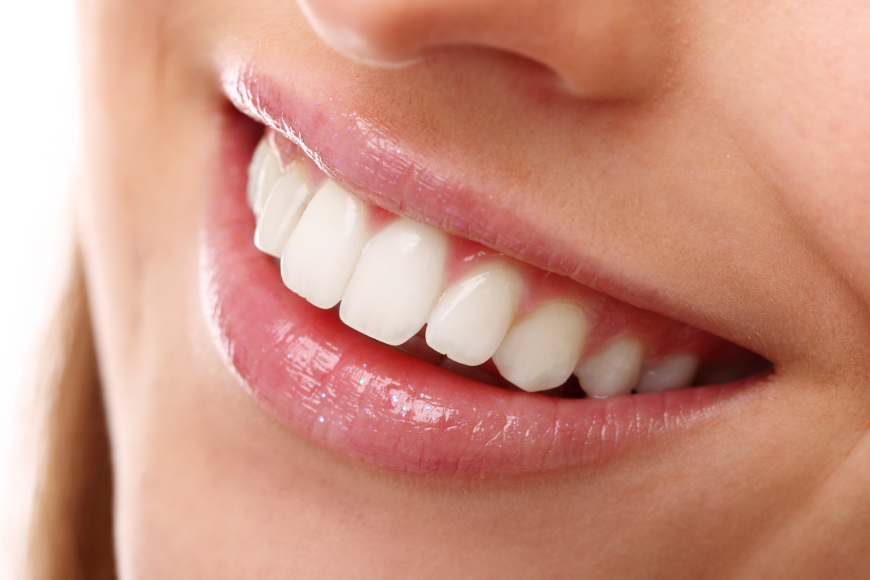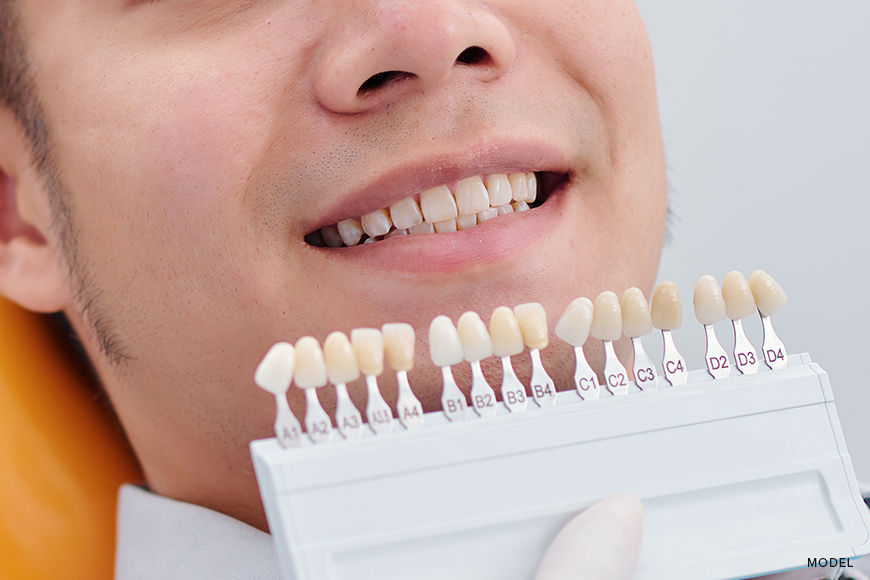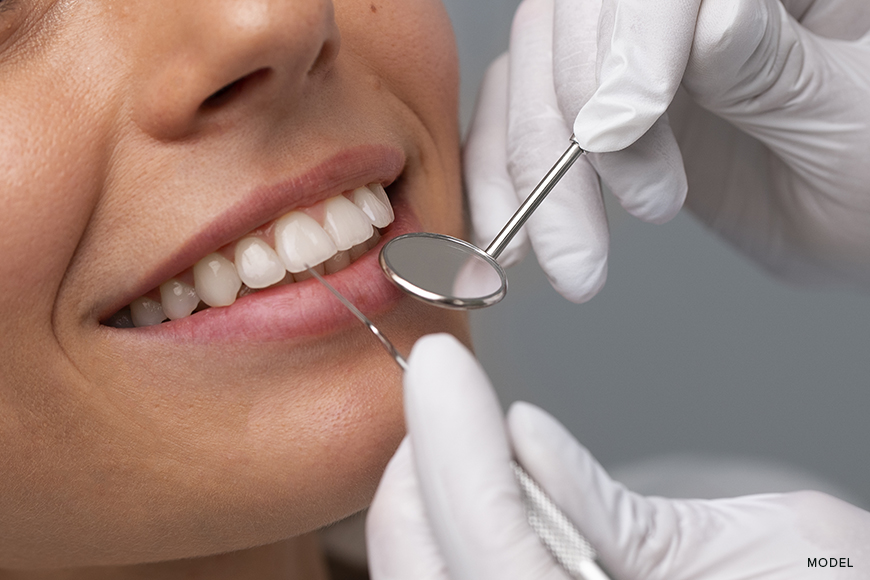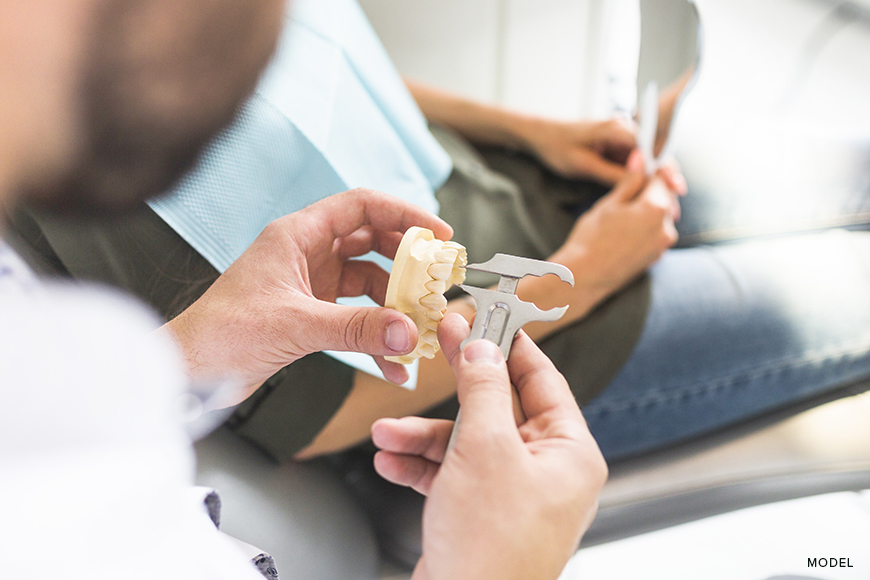Dental crowns are a popular restorative option used to repair damaged or decayed teeth. They are custom-made prosthetic caps that are placed over the tooth to restore its functionality, aesthetics, and strength. While dental crowns are considered to be a long-lasting solution, their lifespan can vary depending on several factors. In this article, we will explore the factors that affect the longevity of dental crowns and provide insights into how long they typically last.
Dental Crown Placement Procedure
Before we delve into the lifespan of dental crowns, it is essential to understand the crown placement procedure. The process typically involves multiple steps, and it is crucial to follow them carefully to ensure optimal results. Here is a brief overview of a typical dental crown placement procedure:
-
- Consultation: During the initial consultation, the dentist will evaluate your oral health, discuss your concerns, and determine if a dental crown is the best solution for you. X-rays may be taken to assess the tooth and surrounding structures.
- Tooth Preparation: To accommodate the crown, the dentist will need to reshape the damaged tooth by removing a small portion of enamel. This step ensures a proper fit for the crown and prevents any additional damage to the tooth.
Impressions: Once the tooth is prepared, impressions of the tooth and the surrounding teeth are taken. These impressions serve as a model for the dental laboratory to create a custom-made crown that matches the shape, size, and color of your natural teeth. - Temporary Crown: While your permanent crown is being fabricated, a temporary crown made of resin or metal will be placed over the prepared tooth to protect it.
Crown Placement: Once the permanent crown is ready, your dentist will remove the temporary crown and check the fit, color, and aesthetics of the new crown. If everything looks good, the crown will be permanently bonded to the tooth using dental adhesives. - Post-Placement Care: After the crown is placed, you will be advised to maintain good oral hygiene by practicing regular brushing and flossing. Routine dental check-ups and cleanings are also crucial to ensure the longevity of your crown.
Factors Affecting the Lifespan of Dental Crowns
The lifespan of dental crowns can vary depending on several factors. Here are some key factors that can affect how long your dental crown will last:
-
-
- Crown Material: The material used for your crown can significantly impact its longevity. Porcelain crowns are a popular choice as they closely resemble the natural teeth in terms of aesthetics. Porcelain is also highly resistant to staining. Other materials such as metal or resin can also be used depending on the specific needs of the patient.
- Oral Hygiene: Good oral hygiene practices are essential to maintain the health of your dental crown. Brushing and flossing regularly can help prevent plaque buildup, gum disease, and tooth decay, which can impact the longevity of the crown.
- Dental Clenching and Grinding: Habits such as clenching or grinding your teeth, also known as bruxism, can exert excessive force on the crown and lead to damage. If you have bruxism, your dentist may recommend a night guard or other interventions to protect your crown.
- Damaged Tooth: The initial condition of the tooth being restored can also affect the longevity of the crown. If the tooth was significantly damaged or had extensive decay, it may weaken the underlying structure and impact the lifespan of the crown.
- Dental Anatomy: The location and function of the tooth can influence the lifespan of the crown. For example, crowns placed on molars, which are used for chewing, may experience more wear and tear compared to crowns on front teeth.
-
Average Lifespan of Dental Crowns
On average, dental crowns can last anywhere from 5 to 15 years. However, with proper care and maintenance, some crowns can last even longer. The table below provides a general overview of the average lifespan of different crown materials:
Crown Material
Porcelain
Metal
Resin
Average Lifespan
10 – 15 years
15 – 20 years
5 – 10 years
Extending the Lifespan of Dental Crowns
While dental crowns are designed to be durable and long-lasting, there are steps you can take to extend their lifespan:
- Maintain Good Oral Hygiene: Brush and floss your teeth regularly to prevent plaque buildup, gum disease, and decay. Use a soft-bristled toothbrush and non-abrasive toothpaste to avoid scratching the crown.
- Avoid Excessive Force: Be mindful of habits such as clenching or grinding your teeth, as they can put undue pressure on the crown. If necessary, use a night guard to protect your crown while you sleep.
- Regular Dental Check-ups: Visit your dentist regularly for check-ups and cleanings. Routine examinations allow your dentist to monitor the condition of your dental crown and address any issues before they become significant problems.
- Avoid Hard Foods: Refrain from biting on hard objects such as ice or using your teeth as tools to open packaging. These actions can lead to crown damage.
- Address Concerns Promptly: If you experience any discomfort, sensitivity, or notice any changes or damage to your crown, contact your dentist immediately. Timely intervention can help prevent further damage and increase the lifespan of your crown.
Dental crowns effectively restore teeth, with their lifespan influenced by material, hygiene, habits, and dental care. Good oral hygiene and regular dental visits can prolong crown life. Consult a qualified dentist for long-lasting results at Madison Dentistry & Implant Center and reach us through 973-822-8003 today.





